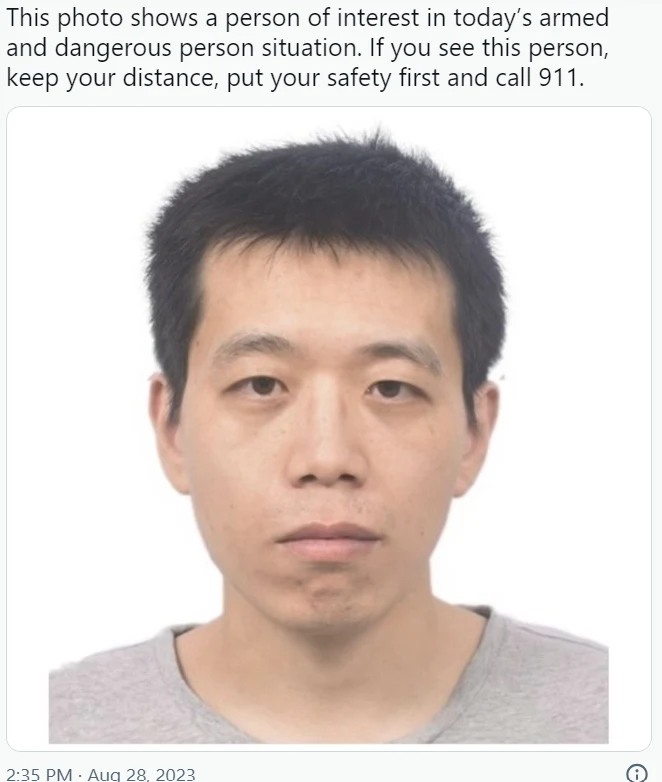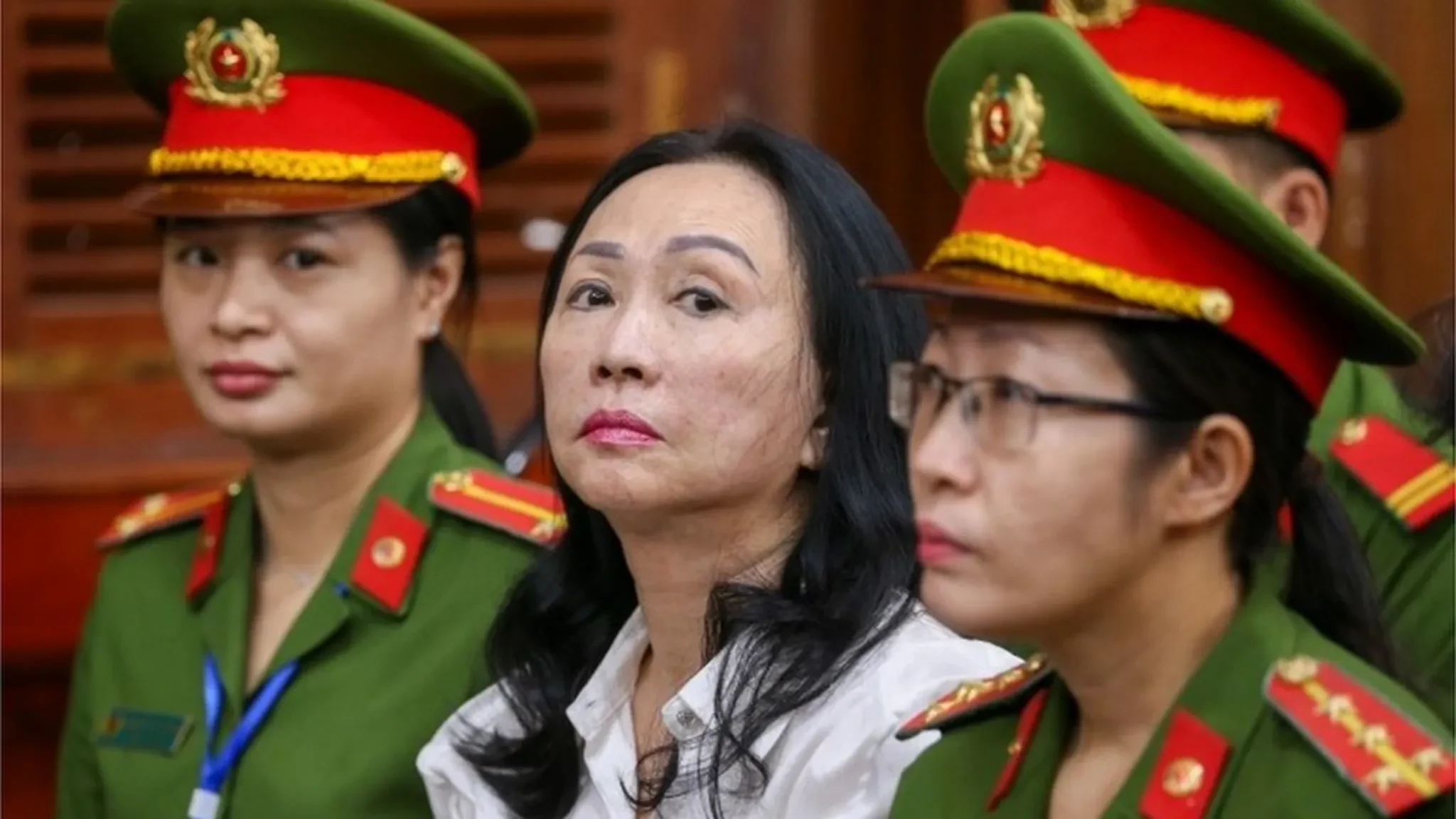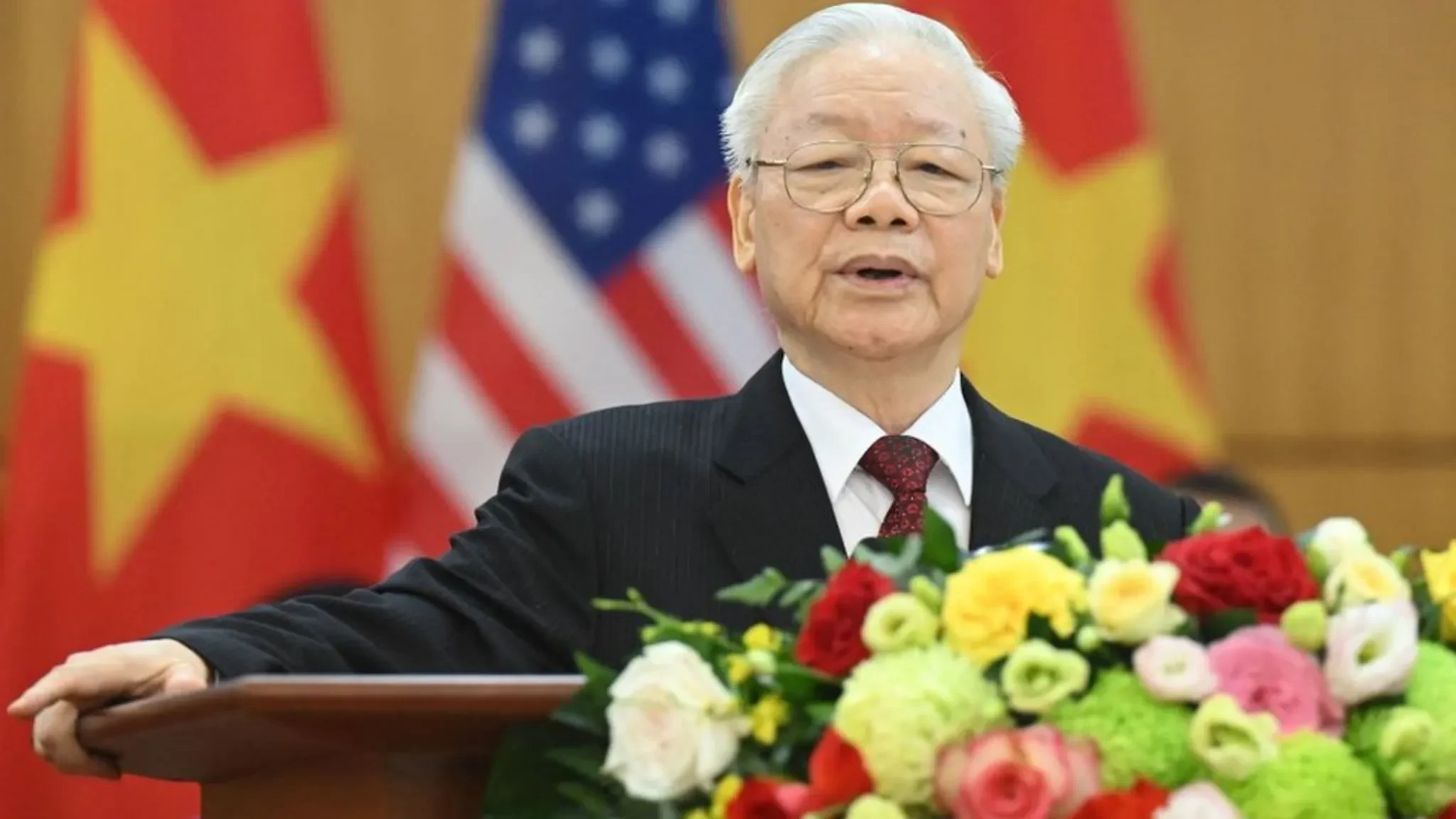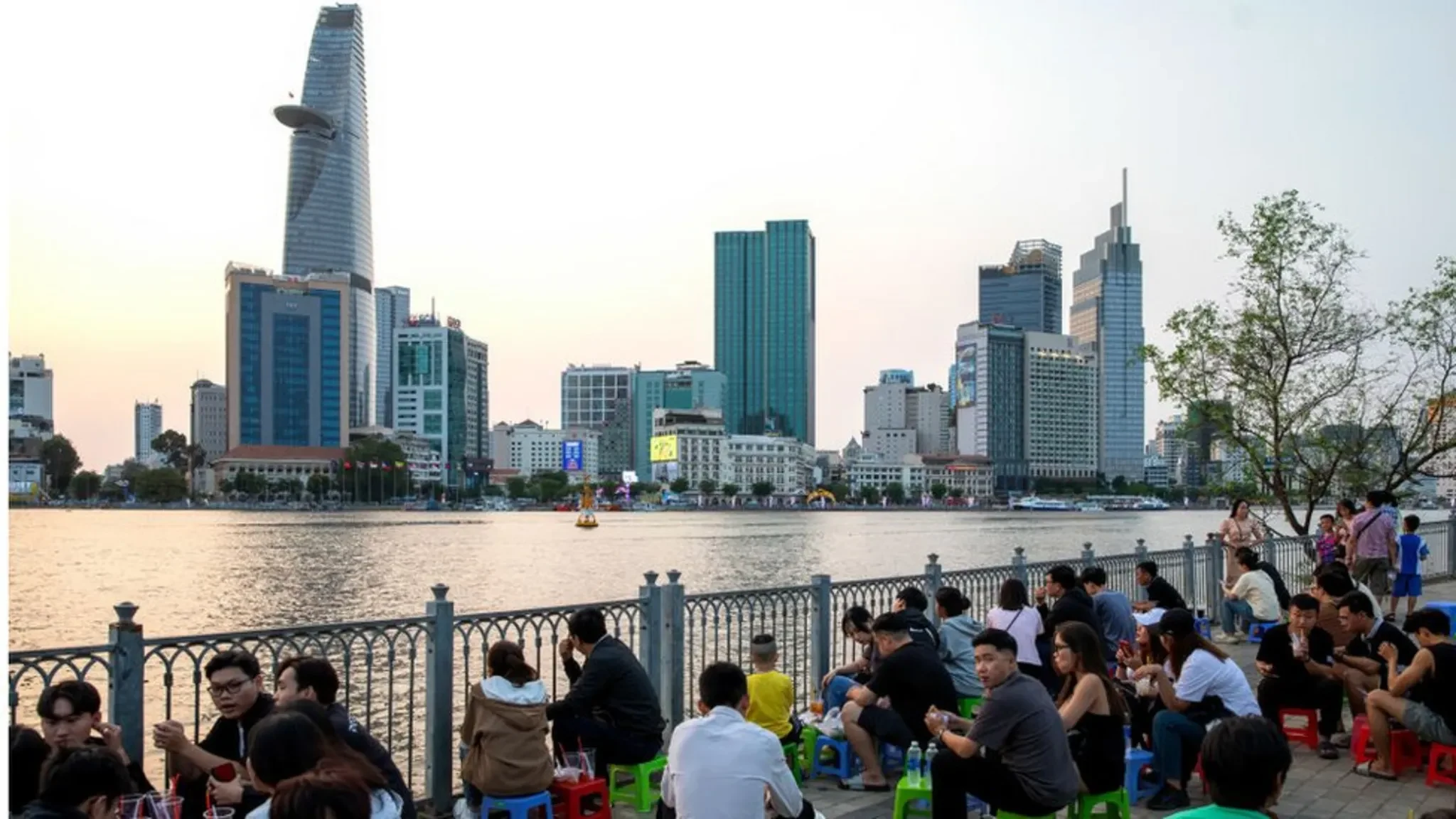- 4
- 13
- 6
- 8
- 8
- 29
I break the news to Lindsey Graham that he co-sponsored a bill he doesn’t support pic.twitter.com/zGze0NreCD
— Jesse Watters (@JesseBWatters) March 29, 2023
- 8
- 15
Impact:
20 years from now you would have a Taliban government that is a legitimate part of the Eastern world mentioning in their history books how the West tried to put them down but got beaten instead.
That's a legitimate blow to Western propaganda and displays of strength.
I don't think Taliban is a morally great government, but it is impressive how any place in the world where there is an anti-west group, China has its hands all in.
Afghanistan might end up being one of the actual examples of Chinese funding developing a very backwards region of the world.
Currently China also has continued to fund Sri Lanka and assist them in keeping afloat.
They have a strong economic network developing across Mongolia and Russia, with the Russian president coming in to form stronger bonds with China right now.
The current move to stabilize relations with Afghanistan also gives China the opportunity to build up a strong footing in its western sphere, thus expanding its geopolitical influence to more widespread areas than anybody else in the western sphere ever managed to do previously.
That is to say, China has become versatile in its economic and geopolitical dealings.
Another advantage that China has is that it limits its control of global events to its own geographical sphere, which makes it harder to push it into a wasteful conflict on the other side of the planet.
With an ever weakening US ( in comparative strength ), this is very beneficial.
Long term impact:
If China is able to develop Afghanistan it would have done something that the west failed to do. A display of its capabilities right there.
It would also open up China to further geographical expansion as it continues to stabilize the regions around itself.
- 8
- 33
New figures have revealed that the price of charging an electric car using a rapid public charger has risen by more than 42% in just four months, caused by the rising wholesale costs of gas and electricity.
It now costs £32.41 on average to charge a 64kWh family car such as the Kia e-Niro Long Range to 80% from empty via a public rapid charger, up £9.60 (£22.81) from May and £13.60 (£18.81) from the same time last year.
This is due to the average cost to charge per kilowatt hour, which is now 63.29p, up from 44.55p in May and 36.74p in September last year, the RAC has revealed.
The rising cost has been mirrored at ultra-rapid charging points (100kW-plus), which now charge an average of 63.94p per kilowatt hour, up from 50.97p in May and 34.21p in September last year. This means that charging a 64kWh family car to 80% costs £32.74, up £6.64 (£26.10) from May.
Charging firms have expressed concerns over the rise – caused in part by the UK’s decision to look at other sources for its gas and oil following Russia’s invasion of Ukraine – arguing that they can no longer shield consumers from the price rises.
Instavolt has argued that the rise is due to the 20% VAT imposed by the government on public charging, compared with the 5% on home charging, adding that it could offer prices as low as 58p per kilowatt hour if home charging VAT rates were matched.
“We reiterate our commitment that if the public charging rate is reduced, the benefit will be passed back to consumers immediately,” said a spokesman.
This point is supported by Osprey CEO Ian Johnston, who previously told Autocar: “There is a cap that is protecting consumers at home, but there is no such cap for private businesses and we are buying energy at unseen levels at the moment.”
“We are trying to protect customers where we can but clearly we can’t run the network at a loss.”
However, one firm, Ionity, confirmed that despite the rising costs, it won’t be making any price rises yet and “currently have no future increases planned”.
Another worry from the RAC is that the price hike could put off potential buyers, hindering the government’s plan to ban the sale of all new petrol and diesel cars by 2030.
But Johnston disagrees, previously telling Autocar: “I think for the people who are currently making the decision to switch, the list of reasons to move to an EV are long and proven, and it is still – in many cases – cheaper than driving petrol or diesel [vehicles].
- 10
- 13
You know what that means!
- 10
- 15
- 5
- 15
- 2
- 1
- 37
- 86
Truong My Lan: Vietnamese billionaire sentenced to death for $44bn fraud
Truong My Lan is accused of looting one of Vietnam's largest banks over a period of 11 years
It was the most spectacular trial ever held in Vietnam, befitting one of the greatest bank frauds the world has ever seen.
Behind the stately yellow portico of the colonial-era courthouse in Ho Chi Minh City, a 67-year-old Vietnamese property developer was sentenced to death on Thursday for looting one of the country's largest banks over a period of 11 years.
It's a rare verdict - she is one of very few women in Vietnam to be sentenced to death for a white collar crime.
The decision is a reflection of the dizzying scale of the fraud. Truong My Lan was convicted of taking out $44bn (£35bn) in loans from the Saigon Commercial Bank. The verdict requires her to return $27bn, a sum prosecutors said may never be recovered. Some believe the death penalty is the court's way of trying to encourage her to return some of the missing billions.
The habitually secretive communist authorities were uncharacteristically forthright about this case, going into minute detail for the media. They said 2,700 people were summoned to testify, while 10 state prosecutors and around 200 lawyers were involved.
The evidence was in 104 boxes weighing a total of six tonnes. Eighty-five defendants were tried with Truong My Lan, who denied the charges.
"There has never been a show trial like this, I think, in the communist era," says David Brown, a retired US state department official with long experience in Vietnam. "There has certainly been nothing on this scale."
The trial was the most dramatic chapter so far in the "Blazing Furnaces" anti-corruption campaign led by the Communist Party Secretary-General, Nguyen Phu Trong.
A conservative ideologue steeped in Marxist theory, Nguyen Phu Trong believes that popular anger over untamed corruption poses an existential threat to the Communist Party's monopoly on power. He began the campaign in earnest in 2016 after out-manoeuvring the then pro-business prime minister to retain the top job in the party.
Communist Party General Secretary Nguyen Phu Trong is leading an anti-corruption campaign
The campaign has seen two presidents and two deputy prime ministers forced to resign, and hundreds of officials disciplined or jailed. Now one of the country's richest women has joined their ranks.
Truong My Lan comes from a Sino-Vietnamese family in Ho Chi Minh City, formerly Saigon. It has long been the commercial engine of the Vietnamese economy, dating well back to its days as the anti-communist capital of South Vietnam, with a large, ethnic Chinese community.
She started as a market stall vendor, selling cosmetics with her mother, but began buying land and property after the Communist Party ushered in a period of economic reform, known as Doi Moi, in 1986. By the 1990s, she owned a large portfolio of hotels and restaurants.
Although Vietnam is best known outside the country for its fast-growing manufacturing sector, as an alternative supply chain to China, most wealthy Vietnamese made their money developing and speculating in property.
All land is officially state-owned. Getting access to it often relies on personal relationships with state officials. Corruption escalated as the economy grew, and became endemic.
By 2011, Truong My Lan was a well-known business figure in Ho Chi Minh City, and she was allowed to arrange the merger of three smaller, cash-strapped banks into a larger entity: Saigon Commercial Bank.
Vietnamese law prohibits any individual from holding more than 5% of the shares in any bank. But prosecutors say that through hundreds of shell companies and people acting as her proxies, Truong My Lan actually owned more than 90% of Saigon Commercial.
They accused her of using that power to appoint her own people as managers, and then ordering them to approve hundreds of loans to the network of shell companies she controlled.
The amounts taken out are staggering. Her loans made up 93% of all the bank's lending.
According to prosecutors, over a period of three years from February 2019, she ordered her driver to withdraw 108 trillion Vietnamese dong, more than $4bn (£2.3bn) in cash from the bank, and store it in her basement.
That much cash, even if all of it was in Vietnam's largest denomination banknotes, would weigh two tonnes.
She was also accused of bribing generously to ensure her loans were never scrutinised. One of those who was tried used to be a chief inspector at the central bank, who was accused of accepting a $5m bribe.
The mass of officially sanctioned publicity about the case channelled public anger over corruption against Truong My Lan, whose fatigued, unmade-up appearance in court was in stark contrast to the glamorous publicity photos people had seen of her in the past.
But questions are also being asked about why she was able to keep on with the alleged fraud for so long.
The trial took place in Ho Chi Minh City, where Saigon Commercial Bank was based
"I am puzzled," says Le Hong Hiep who runs the Vietnam Studies Programme at the ISEAS - Yusof Ishak Institute in Singapore.
"Because it wasn't a secret. It was well known in the market that Truong My Lan and her Van Thinh Phat group were using SCB as their own piggy bank to fund the mass acquisition of real estate in the most prime locations.
"It was obvious that she had to get the money from somewhere. But then it is such a common practice. SCB is not the only bank that is used like this. So perhaps the government lost sight because there are so many similar cases in the market."
David Brown believes she was protected by powerful figures who have dominated business and politics in Ho Chi Minh City for decades. And he sees a bigger factor in play in the way this trial is being run: a bid to reassert the authority of the Communist Party over the free-wheeling business culture of the south.
"What Nguyen Phu Trong and his allies in the party are trying to do is to regain control of Saigon, or at least stop it from slipping away.
"Up until 2016 the party in Hanoi pretty much let this Sino-Vietnamese mafia run the place. They would make all the right noises that local communist leaders are supposed to make, but at the same time they were milking the city for a substantial cut of the money that was being made down there."
At 79 years old, party chief Nguyen Phu Trong is in shaky health, and will almost certainly have to retire at the next Communist Party Congress in 2026, when new leaders will be chosen.
He has been one of the longest-serving and most consequential secretary-generals, restoring the authority of the party's conservative wing to a level not seen since the reforms of the 1980s. He clearly does not want to risk permitting enough openness to undermine the party's hold on political power.
But he is trapped in a contradiction. Under his leadership the party has set an ambitious goal of reaching rich country status by 2045, with a technology and knowledge-based economy. This is what is driving the ever-closer partnership with the United States.
Yet faster growth in Vietnam almost inevitably means more corruption. Fight corruption too much, and you risk extinguishing a lot of economic activity. Already there are complaints that bureaucracy has slowed down, as officials shy away from decisions which might implicate them in a corruption case.
"That's the paradox," says Le Hong Hiep. "Their growth model has been reliant on corrupt practices for so long. Corruption has been the grease that that kept the machinery working. If they stop the grease, things may not work any more."
- 2
- 7
- 2
- 7
- 1
- 7






 ) or alien (
) or alien ( ) craft over Alaska
) craft over Alaska











 Quickdraw Baldwin escapes the long arm of the law, plans to finish what he started
Quickdraw Baldwin escapes the long arm of the law, plans to finish what he started 















































